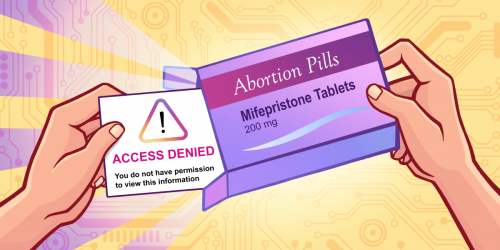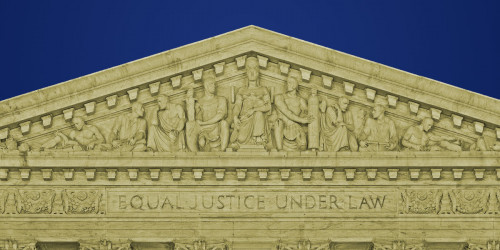Canadian Filtering Tool Used in Middle East
Canadian company Netsweeper produces filtering software that is utilized by several countries to block web sites across various categories. In Yemen, popular blogging site Tumblr is blocked, due to Netsweeper’s categorization of the site as “pornographic.”
Similarly, a number of U.S. companies, including McAfee SmartFilter, Websense, and Cisco, produce software used by foreign governments to block and censor websites. So far, no policy exists to prevent the export of such products.
In a recent article in the Toronto Star, Netsweeper spokesperson Scott O’Neill stated that the company has a “no comment policy” regarding its use by foreign governments.
Crackdowns on ‘Anonymous’
This week saw crackdowns on the "Anonymous" movement in Turkey and Spain, following attacks on government websites in both countries. In Spain, police arrested three and seized a server that they claimed was used in attacks against several governments as well as Sony. In a YouTube video, members of Anonymous denied that the three detainees had lead the attacks.
In Turkey, following numerous DDoS attacks perpetrated against government sites--purportedly in response to the Turkish government’s plans to adopt a universal Internet filter--authorities arrested 32 individuals allegedly involved in the attacks. Eight of those detained are believed to be minors.
Tunisian Activists Speak Out Against Porn Blocking
In Tunisia, where prior to the fall of Ben Ali, Internet censorship was pervasive, activists are pushing back against a court order that would restrict access to all pornographic sites.
In an online petition [FR], Tunisian activists have stated their concern for the filtering of pornographic content, in that it “poser la question de la méthode” (begs the question of method), noting that blocking one category of sites opens a door to further censorship.









